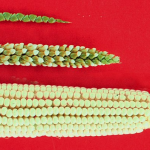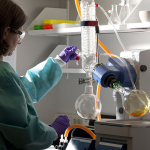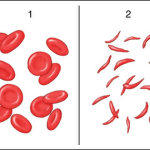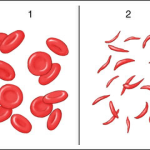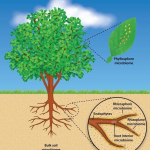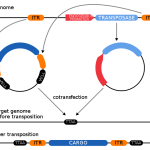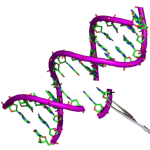Over millennia, there has been a seamless continuum of technologies for genetic modification of plants, animals, and microorganisms, with progressive improvements in precision and predictability – a fact that seems to have escaped the notice of EU politicians and regulators.
Genetic engineering
The advances in medical practice since World War II have been stunning, and they continue apace. Here, I anticipate some that I think are likely to make significant contributions in the near future.
The advances in medical practice since World War II have been stunning, and they continue apace. Some of the existing and anticipated ones are discussed here and in Part 2.
In this radio discussion with John Batchelor, we delve into the genetic engineering of food using molecular techniques. I share insights into the current discourse surrounding genetic modification techniques and related concepts like "sustainable intensification" and "agroecology."
Exa-cel, a new CRISPR-based treatment, modifies the genes of the patient's stem cells to induce them to produce fetal hemoglobin.
The British broadcaster has become part of a cynical anti-science collaboration.
Microbiomes are the collective and highly personal assortment of microorganisms that live in, on, and around us. If genetically modified effectively, these "black boxes" may help us cure cancer, understand how we can adapt to rising temperatures, play a role in mental health, and improve nutrition in children.
Recent breakthroughs in stem-cell have raised the prospect of one day "breeding" humans and growing organs in a lab. How realistic are these scenarios? Netflix just released an embarrassing miniseries about the opioid epidemic. Let's take a closer look at the show's claims.
For decades, excessive, unscientific regulation has slowed innovation using molecular genetic engineering. Policymakers must awaken to the realization that regulations based on pseudoscience or nescience are destructive and regressive. Tremendous innovations await, if only we have the wisdom to permit them to be developed.
Indian activist Vandana Shiva opposes the tools and practices of modern agriculture and science and advocates regressive policies that cause widespread malnourishment, famine, and death to the very people she claims to champion. And she's no friend of the environment, either. She should never be given a podium.
Technology has helped to double food production in the last 50 years. We have the cheapest, safest, most abundant food supply in history, but the enemies of progress, both foreign and domestic, continue to attack the technologies that have made that possible.
For two decades, the Pontifical Academy of Sciences, which advises the Pope on scientific issues, has made wise observations about the importance of molecular techniques for genetic modification and the most appropriate approaches to regulating them. It's a cardinal sin that most of the world has ignored them.
